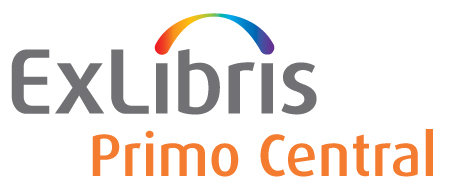Subject Area
Radiology and Imaging Sciences
Article Type
Original Study
Abstract
Objectives The aim was to evaluate the different findings of magnetic resonance brain imaging in epilepsy. Background Epilepsy is a common brain disease that affects both pediatrics and adults. The main role of neuroimaging in epilepsy patients is to identify underlying structural abnormalities. MRI has a high spatial resolution, soft tissue contrast and multiplanar capabilities making it the modality of choice in investigating patients with epilepsy. Patients and methods This study was conducted at the MRI Unit, Radiodiagnosis Department at Menoufia University Hospital from October 2019 to September 2021 with the approval of the Menoufia Review Board and prospectively performed after obtaining consent from all patients or, in the cases of children, their parent or guardian. Patients were referred/recruited and subjected to brain MRI. The included patients were diagnosed as having epilepsy according to 2014 criteria of the International League Against Epilepsy. Results The study included 100 patients (51% adults, 53% males, median age 23.87 years). The MRI was normal in 31 patients (31%) while abnormal in 69 patients (69%) with a wide diffuse range of abnormalities. The most common abnormalities were congenital/developmental lesions (27%) followed by brain tumors (26%). The abnormal MRIs were more common with increased age (median age 33 years, P < 0.001), in adults than pediatrics (P < 0.001) and in chronic/recurrent seizures than new-onset seizures (P < 0.001). Conclusion MRI brain assessment of patients with clinically diagnosed epilepsy showed a high prevalence of MRI abnormalities with a diffuse range of etiologies. MRI should be used as an essential tool for assessing patients with epilepsy.
Recommended Citation
Abou-Se'da, Ibrahem A.; ElZawawi, Mohamed S.; and Hemeda, Yasmin H.
(2022)
"Magnetic resonance brain imaging findings in epilepsy,"
Menoufia Medical Journal: Vol. 35:
Iss.
2, Article 52.
DOI: https://doi.org/10.4103/mmj.mmj_235_21

 Attribution-NonCommercial-ShareAlike 4.0 International (CC BY-NC-SA 4.0)
Attribution-NonCommercial-ShareAlike 4.0 International (CC BY-NC-SA 4.0)



